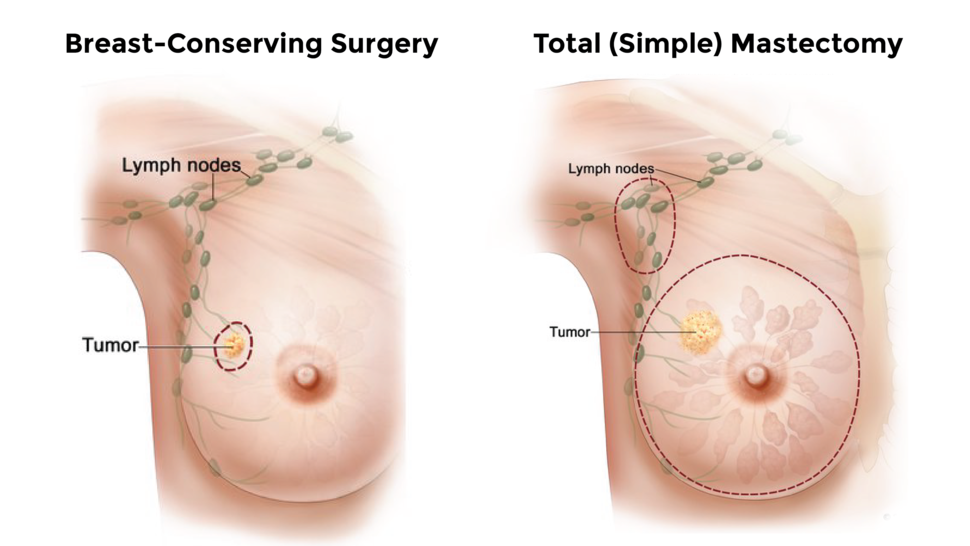Breast Cancer Genomics
(BRCA1, BRCA2, ERBB2, ESR1, PALB2, РІКЗСА)
An estimated 19 million people worldwide carry mutations in BRCA1 and BRAC2 genes

The BRCA-1 and BRCA-2 genetic test checks for changes in two genes that can raise the risk of breast and ovarian cancer. Here’s what you need to know:
- BRCA-1 and BRCA-2 are special genes in our bodies that usually help stop cancer from
- But if these genes have harmful changes, it can make cancer more likely, especially breast and ovarian cancer in women, and breast cancer in
- This test looks at DNA and proteins in your blood to find these harmful
- Around 5-10% of breast cancer and 10-15% of ovarian cancer cases in white women in the US are linked to these gene
- Having these gene changes doesn’t mean you’ll definitely get cancer, and not everyone with cancer has these gene
- But if you have these changes, your risk of breast cancer can go up to five times higher, and your risk of ovarian cancer also goes up a
- Most of what we know about these genes comes from studying big families with lots of cancer cases, so it might not apply to
The BRCA-1 and BRCA-2 genetic test is not usually recommended for everyone. But Doctors may suggest it for people who:
- Got breast cancer when they were 50 or younger-
- Got ovarian cancer at any age
- Had cancer in both breasts, either personally or in their family- Had male family members with breast
- Have a close relative who had breast cancer before they were
- Have three or more close relatives with breast cancer at any
- Have a close relative with ovarian cancer at any
- Have family members with both breast and ovarian cancers, on either their mother’s or father’s
- Had breast cancer that tested negative for certain receptors called Oestrogen, Progesterone, and HER2/Neu.
- Are of Ashkenazi Jewish descent and have a close relative with breast or ovarian cancer.